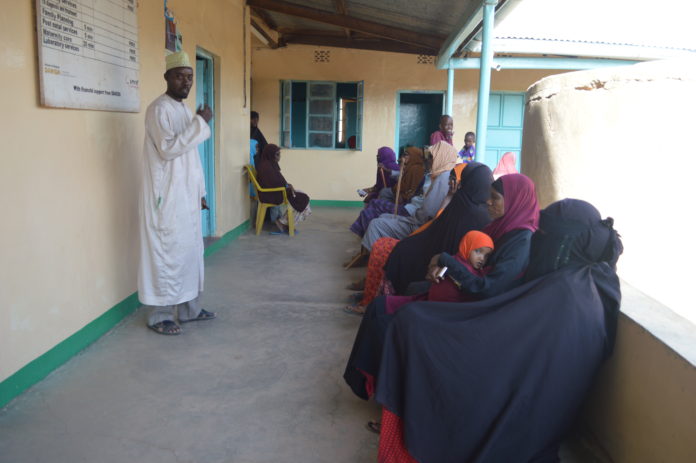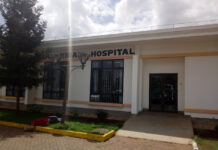By Mary Mwendwa
Nairobi, Kenya: Neglected Tropical Diseases ( NTDs) have been known to be among contributors to an ongoing cycle of poverty and stigma among many African nations. The diseases leave a trail of negative economic impact. Prof. Daniel Adjei Boakye, Senior Technical Advisor, Programs for the EndFund, has researched on NTDs for over 40 years. He has worked on a wide range of vector-borne diseases and other NTDs (onchocerciasis, malaria, lymphatic filariasis, schistosomiasis, soil-transmitted helminths, Buruli ulcer, and leishmaniasis). He also worked as the cytotaxonomist for the WHO’s Onchocerciasis Control Programme in West Africa, where he was the Program Advisor for the African Program for Onchocerciasis Control and was the Entomologist and Laboratory head in ESPEN. He was among the delegates who attended a recent learning summit on NTDs in Kenya.
He talked to Mary Mwendwa of Talkafrica about his journey in the fight against NTDs in Africa.
Tell us about your journey as a researcher on NTDs
My journey as a researcher on NTDs started quite a long time ago. In my first year at the university, I was supposed to do an internship at the Public Health laboratory in Ghana. During that time the laboratory had a WHO program on river blindness where I researched river blindness. The interesting thing we had to go to communities and find out in those communities what the disease was and where the vectors were breeding and that is what got me into the NTD world.
The following year I went to the same place for my internship. I wanted to work on river blindness but unfortunately worked on something else. Nevertheless, after graduation, I still went back to the same laboratory and started working with the Ministry of Health.
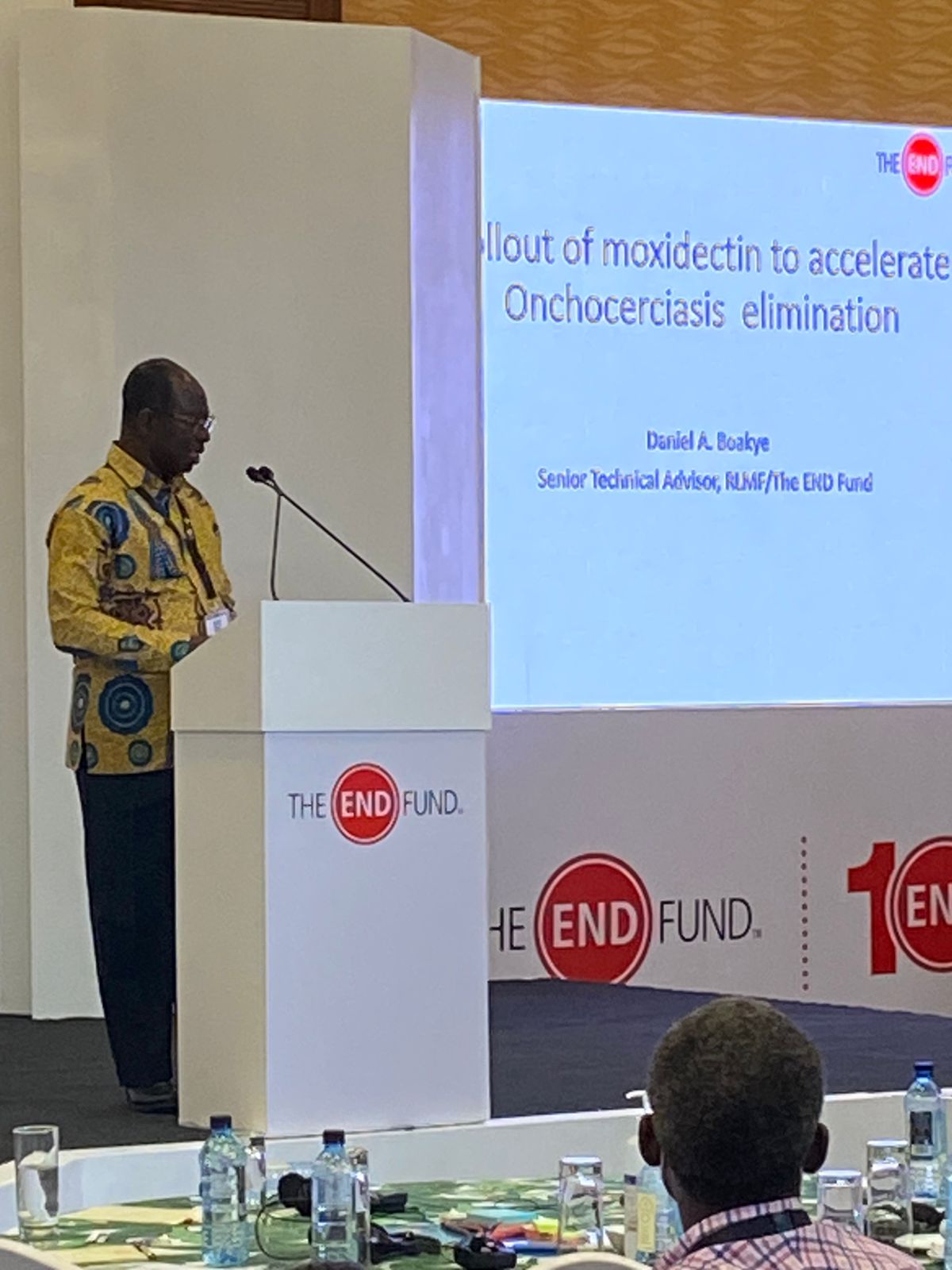
I later did my master’s still in river blindness in Nigeria and later went to work with WHO on their river blindness control program in West Africa for seven years.
I went to do my Ph.D. in the Netherlands but still went back every year to work on my river blindness projects.
I also worked for CDC in Atlanta for 6 months developing some techniques and also still on river blindness. From there I went to the University of Alabama for 3 years in the laboratory and still worked on river blindness.
In 1989, I came back to Ghana and worked at Noguchi Memorial Institute for Medical Research on diverse diseases where I also worked on Malaria which is vector-borne but not NTD.
During this time I worked a bit on allergies because some of these infections have a bearing on how severe one allergy becomes. This is what is called the hygiene hypothesis, which means that the cleaner you are and the environment you grow in seems to predispose you more to allergies. So if you have infections like schistosomiasis/Bilhazia seems to have also an effect on your allergies.
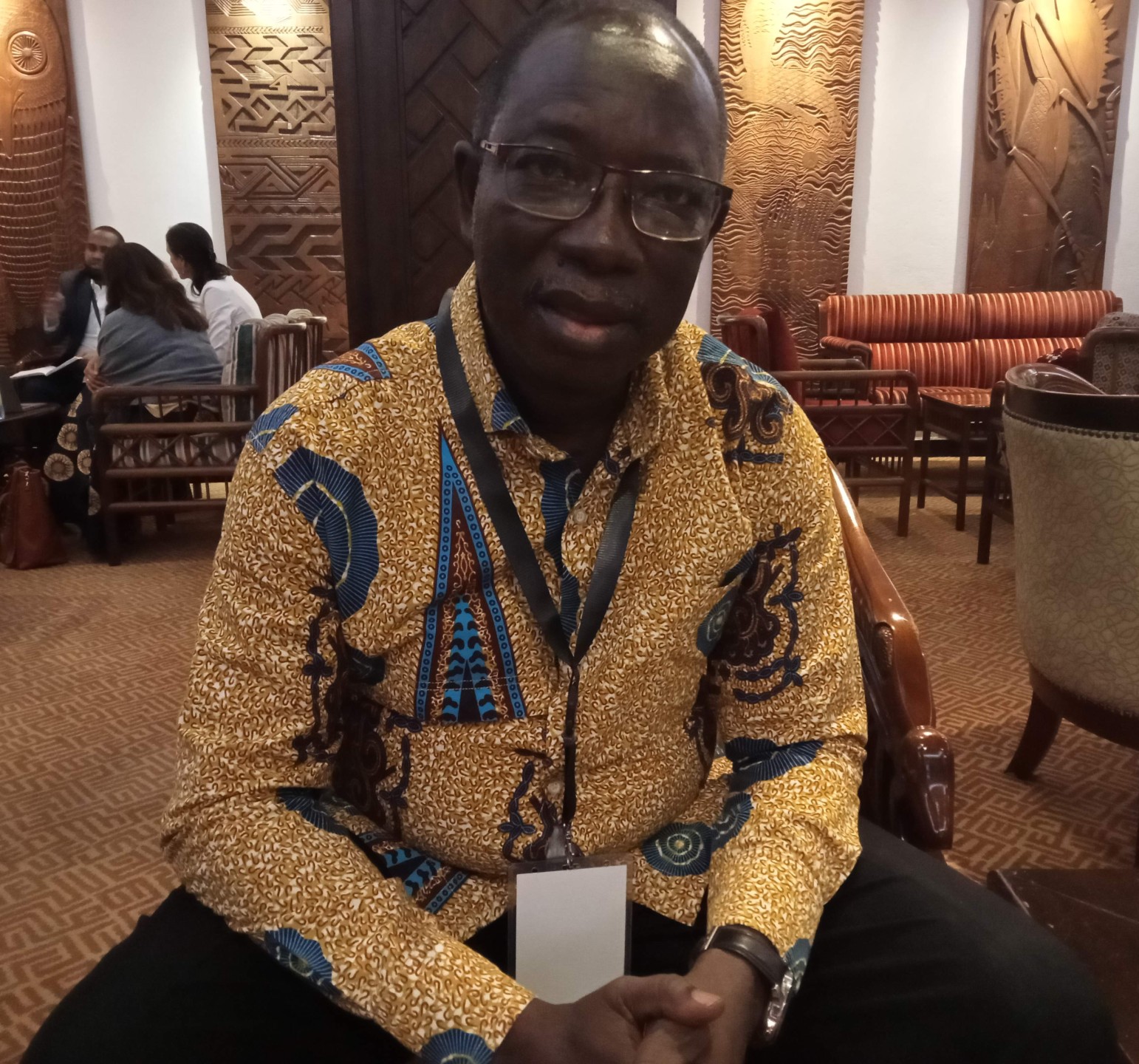
River blindness is a disease we do not hear about often, where is it found, and what are its symptoms
River blindness is quite known in Africa just like other NTDs.You do not get to hear about it because most NTDs do not kill directly and because of that people do not know much about the disease.
River blindness is caused by a small parasitic worm known as Onchocerca volvulus and the vector is the blackfly. These flies breed in areas on rivers where the river flows fast. Except for another type of blackfly that used to be found in Kenya and Uganda in the 60s where they breed in smaller rivers and were attached to crabs. Because the blackfly species is found in rivers hence the name river blindness.
River blindness has a serious economic impact on people because generally people will want to live along river valleys because of the fertile land but the disease pushes them and they desert their communities.
Blindness is the final stage of the disease. Apart from that, a person gets problems with the skin, hanging groins, and intense itching.
Why are NTDs now a concern for Africa
Because NTDs do not kill directly, we tend to consider them not important yet they cause serious harm. For example, someone suffering from Elephantiasis cannot walk, and therefore the disease will have a serious impact on them.
The reason why there is a lot of interest is that the pharmaceutical companies started giving drugs for free. Now, the drugs are taken to people who need them, and still donors put in money for distribution.
We need Country ownership where ministries can still help in this. But also implementation cost is still done by the donor. This way you cant say you own the project, that is why the talk now, is because donors will not always be present.
Recently, the British government due to covid-19 impact and financial difficulties decided to cut support for NTDs. Other donors and philanthropists joined hands to support NTDs. But the challenge is about sustainability. Most of the NTDs now are low, if governments and other people do not step up, these diseases might come back.
We should have governments contribute to this fight to sustain the gains we have made.
For example, river blindness has been there for over 40 years, we have achieved a lot and we need to keep the momentum. If partners withdraw we will be the losers and therefore we have to step up.
Your take on declarations, Abuja declaration where African governments committed to set 15 percent of budgets to health care
If the people do not want to be helped do not go about helping them. The thing is, declarations happen and we do not get commitments to implement. The question is, is this really coming from them? There are so many reasons that hinder the signatories not to implementing their commitments. For example the 15 percent commitment towards health budget, maybe one country can only afford 2 percent, it means they can only sign what is within their means.
So, sometimes we have to be realistic in having a minimum and check later whether the countries were able to commit. Sometimes these declarations are not realistic, that’s my opinion.
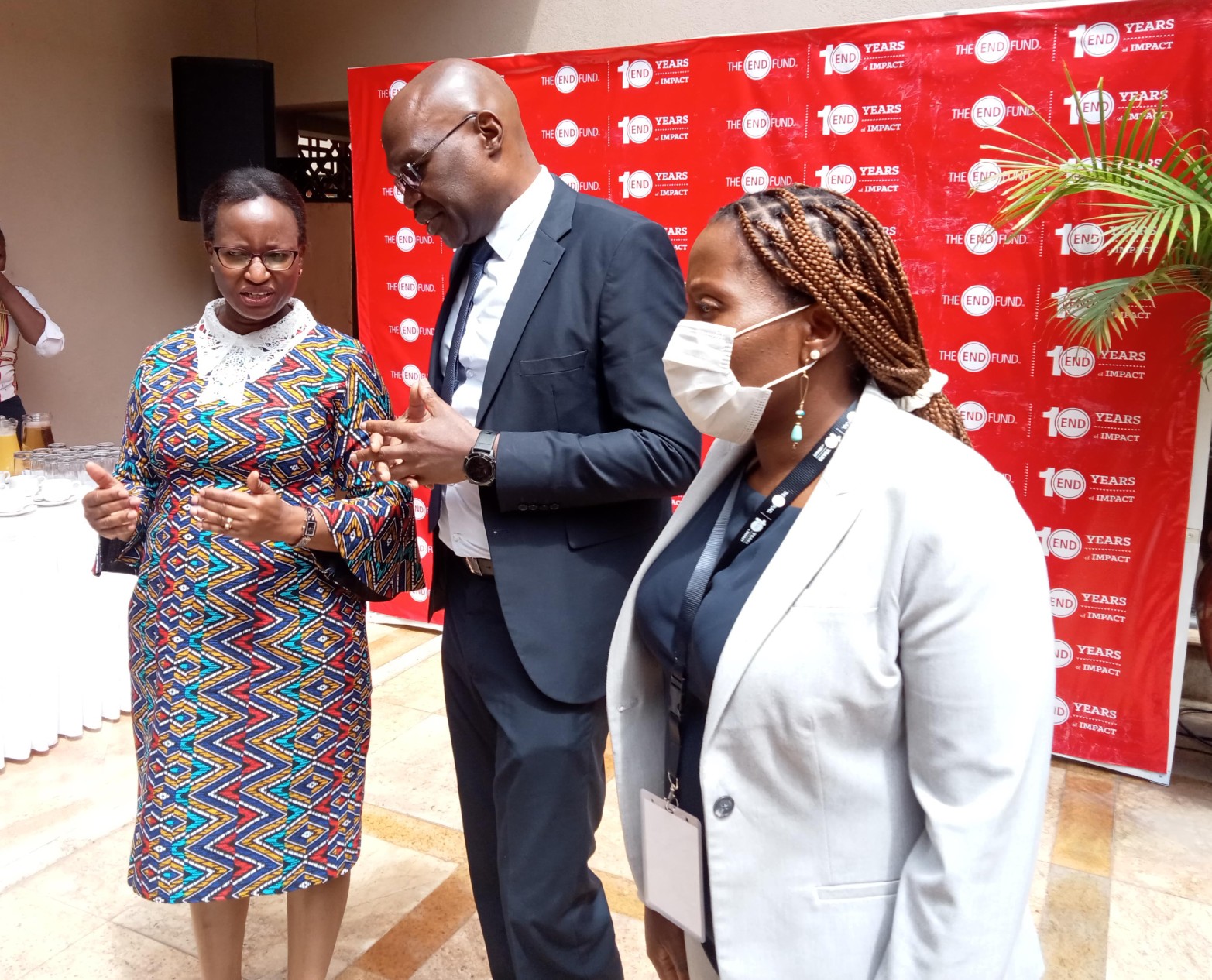
What lessons are you taking home from the NTDs learning summit
We are gradually realizing that external donors/ partners alone will not help sustain this momentum. Africans have to be on board, therefore the issue of collaboration is very important.
This is not a simple thing, it is complex, and we need to work around it together.
What is the linkage between Climate Change and NTDs
Climate change always has a bearing on diseases. It is either negative or positive in some cases. Prolonged drought seasons will always have an impact on river blindness. The transmission will go down. On the other hand, flies will go to places where conditions are favorable. Now, the new places will have these flies.
There is a place in Malawi that never used to have river blindness, now we have the transmission in that area. When temperatures are warm, Malaria which is not NTD, mosquitos will not thrive. They will take lymphatic filariasis which is mosquito-borne to those places.
So climate change has an impact on vector development and distribution. This becomes complex because people will be moving and exposing themselves. When temperatures increase fly development increases and parasite development becomes faster. And so, you might find new diseases in areas where they were never reported before.
Your parting shot
If we are all dedicated, we can get to eliminate NTDs. It has to take a concerted effort. We do not have to look at it as donor-driven. As Countries, we need to take the lead in the fight against NTDs.

